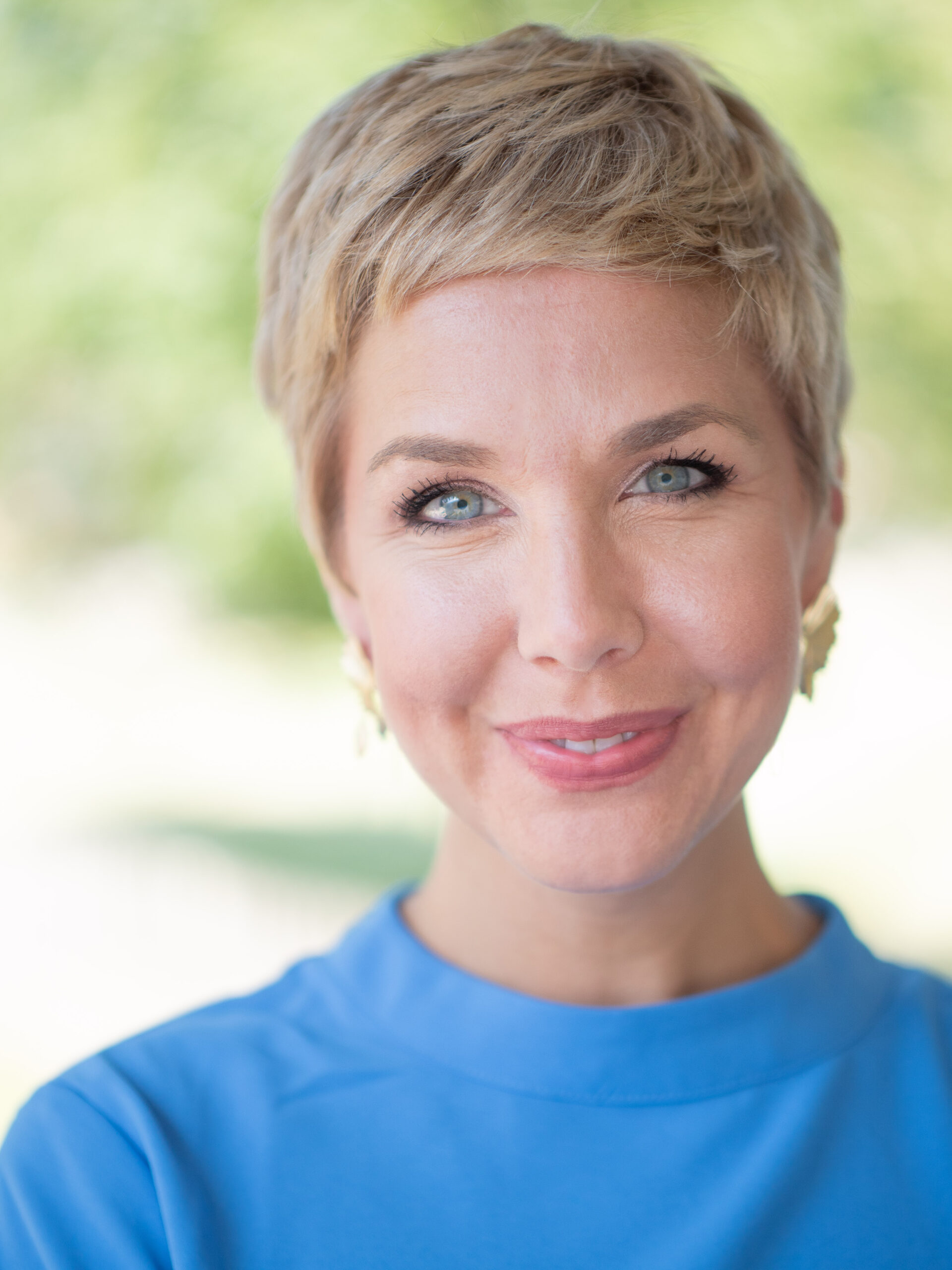Pull up a chair, friend. This might get worse before it gets better.
Let’s be honest for a sec. How are you feeling about this online world? This culture we’ve created with all of these dings and pings and endless scrolls? Do your thumbs hurt? How about your heart? Are we having any fun yet?
For most of us, the answer to navigating a digital existence comes in the form of balance, moderation, a catchy meme. We spout off cheerful sentiments, encouraging ourselves and everyone around us to take a digital detox and embrace our authentic being, the one that exists beyond filters and followers. We hide our phones in drawers. We preach the importance of fostering real, deep connections beyond the online realm. We say we are more than our internet personas; we are complex, wonderfully flawed beings with stories that can’t be contained in a grid.
And then we hop back online to upload a selfie into a 1,080-pixel square.
(Ask me how I know.)
Once upon a time, my livelihood relied on maintaining a social media presence. As an influencer, I was successfully running a six-figure platform by writing and photographing multimedia campaigns for Target, Martha Stewart, Pinterest, and hundreds of other brands you know, use, and love. I taught digital workshops in a boutique studio in Singapore, modeled a slow fashion campaign in the Taj Mahal, and twirled pasta with Maria Shriver and Hoda on The Today Show. But with every post uploaded, captioned, andshared, a niggling feeling would creep into my consciousness: Is this healthy for us? Is social media good for our souls?
Consuming the rotten fruit of manipulative social media algorithms (it’s called Apple, after all) left me feeling much like a drinker might describe a morning hangover: frenzied, anxious, foggy, directionless. My patience for the real world—unwieldy and unpredictable and raw—wore thin. I didn’t want raw; I wanted perfect. I’d trained myself to desire only filtered and fun and free, and in moments where life felt like anything but, I found myself reaching for my phone under the table, in the car, in the drawer—just like grabbing a flask to take the edge off.
Throughout bouts of reflection, I’d spend my time teetering between the desire to give up social media altogether and a running justification for the hours I spent curating, cropping, and perfecting an online persona. Technology isn’t evil! I found myself saying. It’s just a tool! Think of all of the positive opportunities for connection and knowledge and joy it brings!
But then, a gentle nudge: Daughter, do you not think the enemy can use tools?
My wise pastor often notes that the enemy doesn’t want us to worship him. He wants us to worship ourselves. He wants us to be so distracted and frenzied and busy that we try to “fit” prayer into a quick pre-meal ritual. He wants us to be so prideful and confident in our accomplishments and feeds that we forget our need for a Savior. He wants our minds to be so knowledgeable and fact-filled and Siri-educated that there’s little space left for wisdom. And he wants our lives to be so comfortable and tidy and picturesque that we fail to remember an important truth: happiness isn’t a fruit of the spirit, but self-control is.
As I slowly began to look at social media through that lens, I found clarity. Building a platform on social media isn’t a sin. But building an idol is. And I wonder: every time we snap another selfie, caption another moment, or curate another highlight reel (#blessed), are we flattening this abundant life we’ve been given into the reels of a TikTok page? Are we plastering God’s handiwork under the @handle of our own name? Are we worshiping our own lives, or—perhaps worse—hopping on to Instagram to worship someone else’s?
Once I began to look at it that way, it was hard not to picture the enemy crouching at my door, gaining footholds with every “like.”
So I walked away. One platform at a time, I stopped using the accounts I’d built; ones that, in total, reached over one million people. You might wince at that number, and there was a time I might have, too. Think of the collective impact! The influence for good! The money and opportunities you’re losing!
But I know firsthand of the far greater fruits gained. In the absence of sharing, cropping, and publishing every living moment, I find that I am no longer preoccupied with becoming the author of my life. After all, that gig belongs to a far better content creator than I: God.
Want to begin your own personal journey to tech sobriety? Start by deleting all apps from your smartphone. Turn on parental controls (you can find out how here!). Try changing your phone background and wallpaper to a black screen instead of that cute beach scene from last summer. Notice what happens when you take away personalization from your device. How does your device feel when it becomes a phone, not your phone? Reflect, then revolutionize.
And remember: you’re not alone. If you’re feeling the burden of heavy tech usage, you’re in good company. There’s a better way to live, and girl, someday, I’ll tell you all about it over an iced coffee we won’t have to ‘gram first.
Deal?
Founder of global tech-free movement The Opt-Out Family, Erin Loechner is a former social media influencer who walked away from a million fans to live a low-tech lifestyle—and is now teaching others how to do the same. Her cutting-edge work has been praised in the New York Times, the Washington Post, the Wall Street Journal, and the Huffington Post, as well as on the Today Show. When she’s not scrawling on her trusty steno pad, Erin, her husband, and their three kids spend their days chasing alpenglow, reading Kipling, and biking to town for more tortillas.
















0 Comments